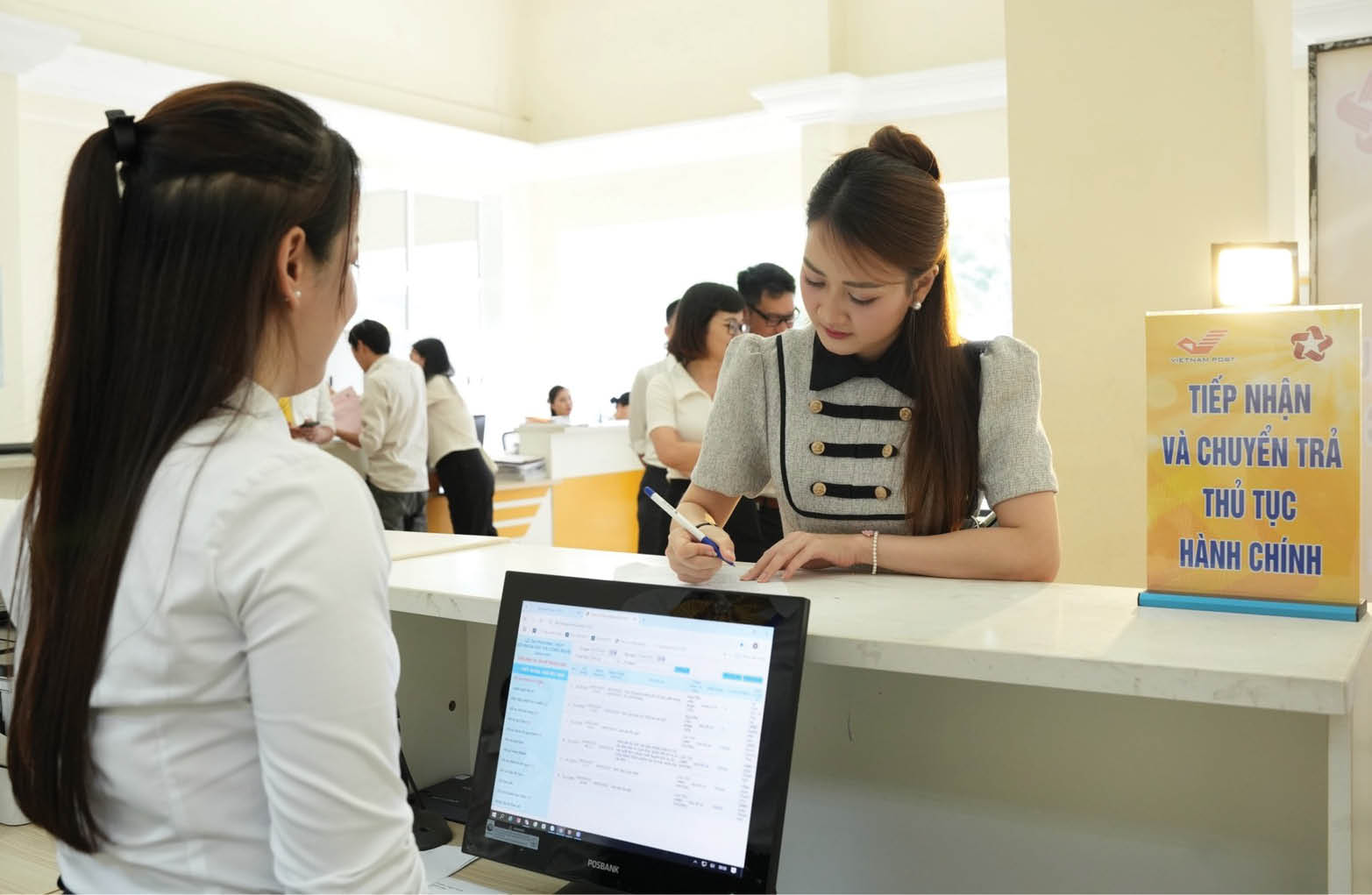 |
| People carry out administrative procedures at the post office . Photo: Ngoc Minh |
No more geographical barriers
Mr. Phan Xuan Tan, residing in Phong Phu Ward, Phong Dien Town, brought his documents and papers to the post office with some hesitation. The previous times, he often went to Phong Phu Ward People's Committee to do administrative procedures, but this time was different, he was stuck with work in Thuan Hoa District so he stopped by the post office to have it processed. "This is the first time I have come to the post office to do administrative procedures, I did not expect it to be so easy and quick, and the results were scheduled to be returned at the locality where I live," said Mr. Tan.
Mr. Tan’s story is a typical case that benefits from the model of “resolving administrative procedures regardless of administrative boundaries” that Hue City has just implemented. This new model allows people to submit administrative procedures at any reception point, regardless of their place of residence or household registration, and receive results returned to the correct location.
In many communes and wards, the public service agency system has been set up right at the existing communal cultural post offices, becoming an "extended arm" to bring public services closer to the people. Mr. Le Van Doai, a retired cadre in An Dong ward, Thuan Hoa district, was hesitant to do online procedures because he was not familiar with technology. Now he can go to the post office near his house and be guided step by step by the staff. "I just need to bring the original documents, they will digitize them and send them to me. I will have the results in a few days," said Mr. Doai.
This model is not a miracle that suddenly appeared. It is the result of a strategic cooperation process between the People's Committee of Hue City and Vietnam Post Corporation.
Remember, in March, at the signing ceremony of the cooperation agreement between the two sides, Deputy Secretary of the City Party Committee, Chairman of the Hue City People's Committee Nguyen Van Phuong emphasized: "This is not only a transfer of administrative work but also a turning point to build a proactive and serving government."
Currently, Hue City has 9 main post offices that receive applications regardless of location, along with 136 public service agents covering all communes and wards. Postal staff not only receive paper applications but also guide people to submit applications online on the National Public Service Portal or the City Public Service Portal. Applications are digitized and quickly transferred to the competent authority for processing, then the results are delivered to the recipient.
The special feature is that the entire process is secured and managed through specialized software. After digitization is completed, the original documents are still handed over in their original state to the administrative agency. This not only ensures legality and transparency but also helps state agencies reduce storage, make searching easier and most importantly: Streamline the apparatus, reduce pressure on civil servants in the one-stop department.
In addition to practical effectiveness, the model also creates a change in awareness from both sides, the people and the government. If people used to be afraid of cumbersome procedures, they now begin to trust and proactively access online public services. As for the government, instead of doing everything, it has transferred a part to capable and specialized businesses, thereby focusing more on control, policy making and service.
Change your approach
The innovation in the service style of this model does not simply lie in “moving the point of submission of documents” but rather in changing the entire approach to state management. Instead of forcing people to come to the government, the government comes to the people. This is a vivid manifestation of the spirit of “government service”, which Prime Minister Pham Minh Chinh has repeatedly emphasized.
For this model to truly come to life, the important thing is not only the process but also how the model is implemented from the grassroots. The staff at the reception points are mostly postal officers, who directly "touch" the people. They need to be trained, not only in professional skills but also in listening and explaining skills to create a sense of trust and friendliness. In addition, the information technology system must operate stably, connecting smoothly between levels and sectors. Just one loose link can make people have to wait many more days, reducing their confidence in the reform.
And of course, people's habits also need time to change. Going to the post office to do administrative procedures instead of going to the ward or commune is a new thing. If the people want to boldly use the service, the government and related units need to continue to persistently communicate, guide and accompany. When trust is fully built, public administration will truly be closer to the people than any geographical boundaries.
According to Mr. Chu Quang Hao, General Director of Vietnam Post Corporation, Hue is one of the localities seriously and systematically implementing this model. “We are committed to mobilizing maximum resources, ensuring network and information data security. The smooth coordination with Hue City authorities will help the model not only be technically correct but also meet social requirements,” Mr. Hao shared at the signing ceremony between Hue City People's Committee and Vietnam Post Corporation in March.
Currently, 39 provinces and cities nationwide have transferred part of their public administrative tasks to the post office. Hue City is the locality that designed the model in the direction of closely linking the post office and state agencies, not only at the city level but also down to the commune and ward levels - a sustainable step in the process of real digital transformation.
Source: https://huengaynay.vn/chinh-tri-xa-hoi/cai-cach-hanh-chinh/doi-diem-nop-ho-so-doi-ca-tu-duy-quan-ly-154269.html








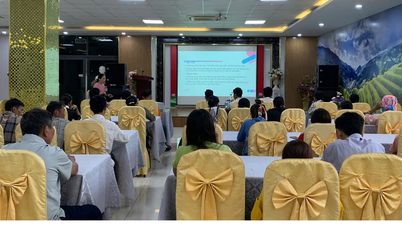

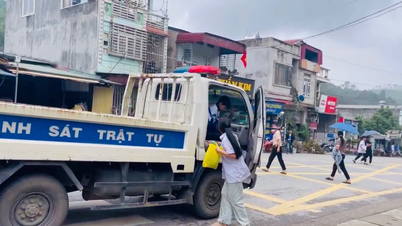


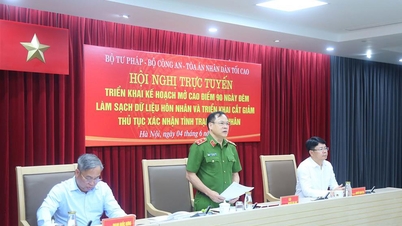

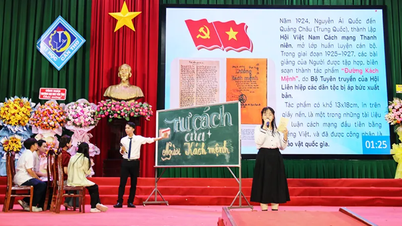
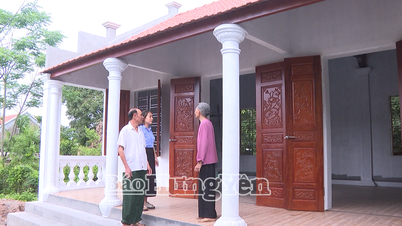





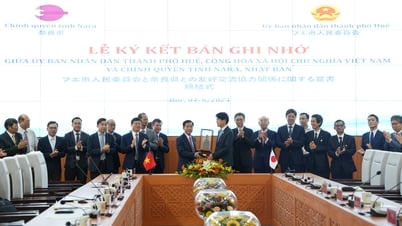

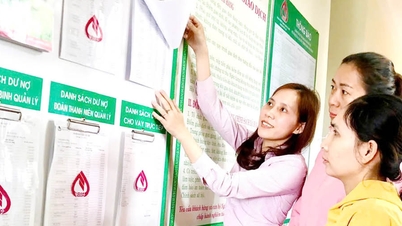
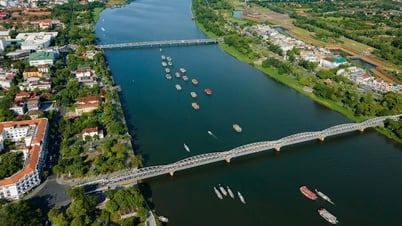
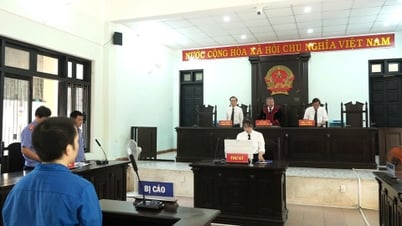
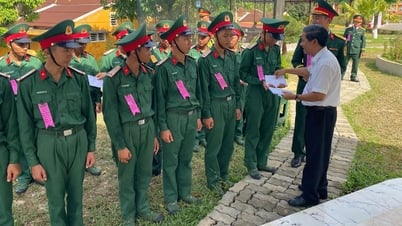

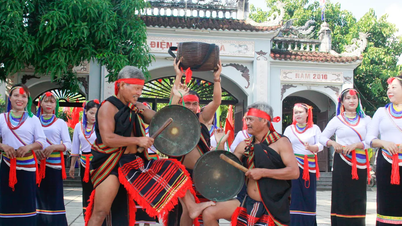

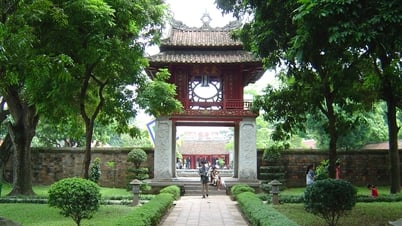

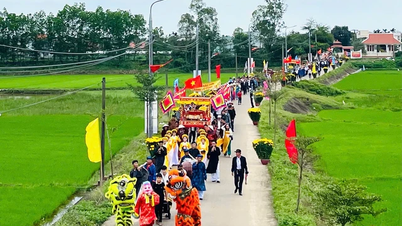









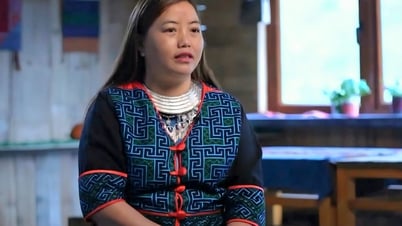







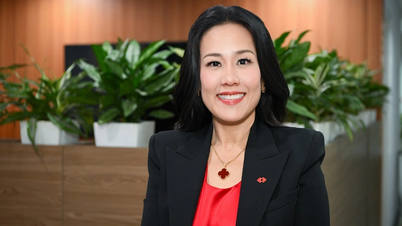

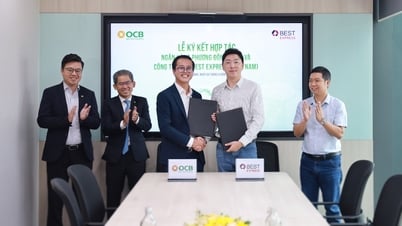


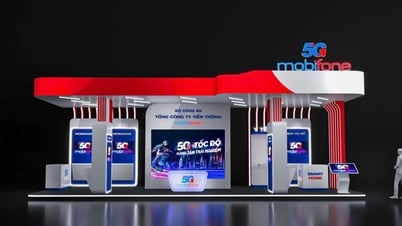


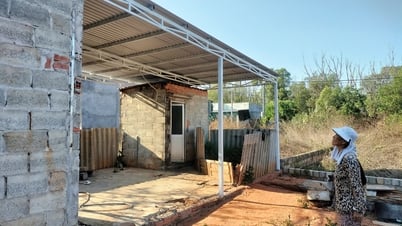
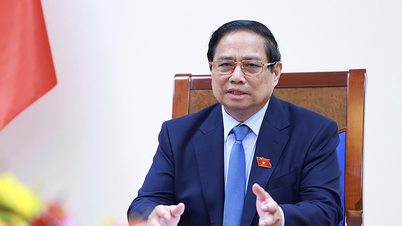
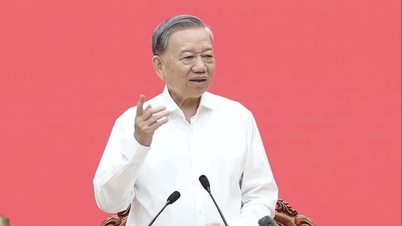

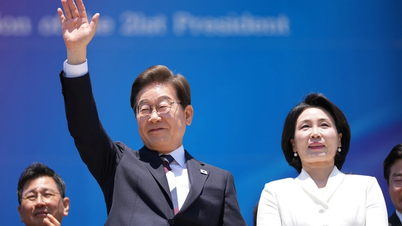





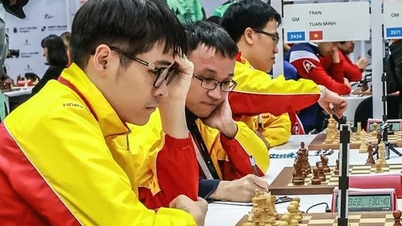




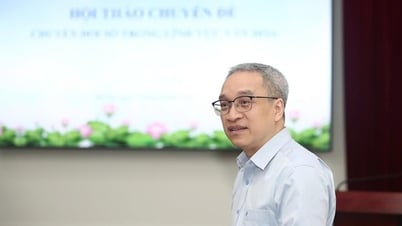


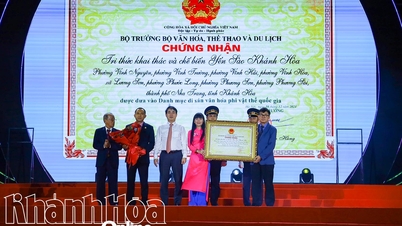








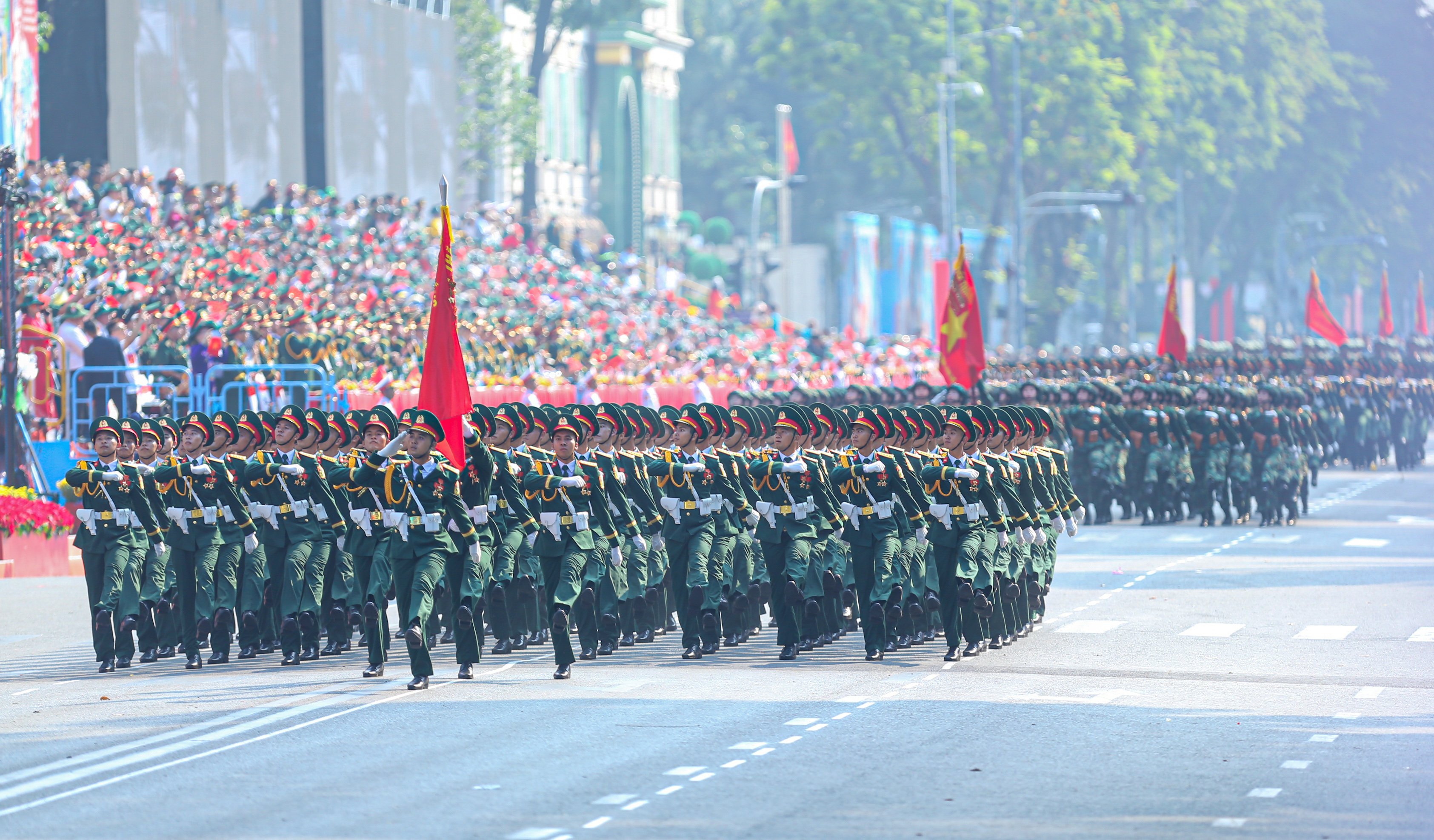
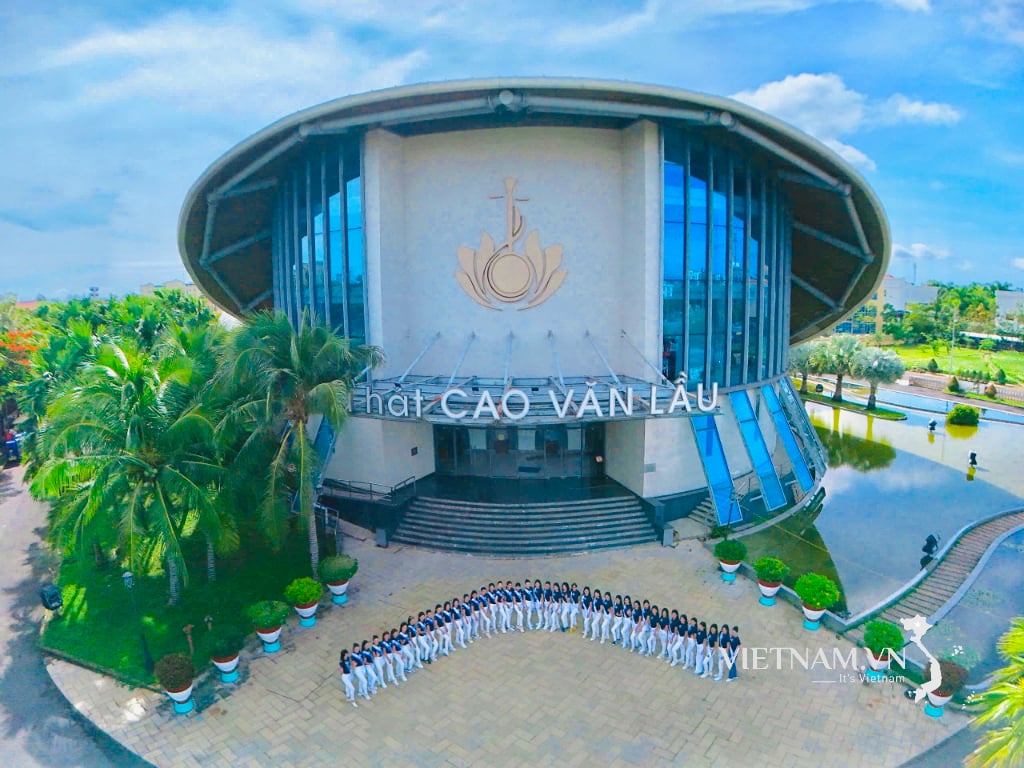


Comment (0)